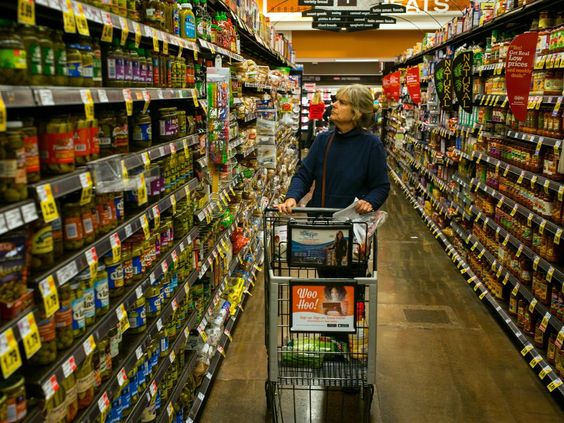Out of 250 cans tested by the Center for Environmental Health, 40 percent contained the chemical.
Bisphenol A (or BPA) has been long recognized as a relatively unsafe, cancer-causing chemical. In fact, it’s even been linked to birth defects, and California recently added BPA to Proposition 65, which lists chemicals known to cause “reproductive toxicity.” That’s why, for years, it’s been absent from many consumer products, including water bottles, many toys, and items intended for use by or with a baby.
It may not be missing from all canned food, though, reports CBS San Francisco.
Recently, the Center for Environmental Health tested more than 250 cans, all of which were bought at supermarkets and dollar stores. A whopping 40 percent of these items contained BPA in the lining that coats the inside of the cans—and while the number is, in some ways, a relief, considering that just last year it was at 67 percent, it’s still an unsettling statistic. It’s particularly unsettling in this case, because those chemicals could easily filter into the food within the container.
“BPA is known to cause birth defects, and it’s also linked to breast cancer, obesity and many other serious health problems,” Charles Margulis of the Center for Environmental Health told CBS. Referring to the percentage, he said: “It’s still much too high. We need to get it down to zero.”
Unfortunately, as Margulis explained to the news outlet, low-income Americans are most likely to be at risk for consuming the food in the cans identified as having too much BPA. More than half of the cans purchased at 99 Cents Only and Dollar Stores contained the chemical, according to the study.
“In many areas, dollar stores are the only places people can go for fruits and vegetables,” Margulis commented. He’s advised Americans of all economic means to opt for fresh produce as often as they can.
The good news is that many major food manufacturers have already removed BPA from their products or are currently doing so, which means this is all trending in a positive direction. In any event, you may want to check for a BPA-free label on the cans you purchase for your family.












